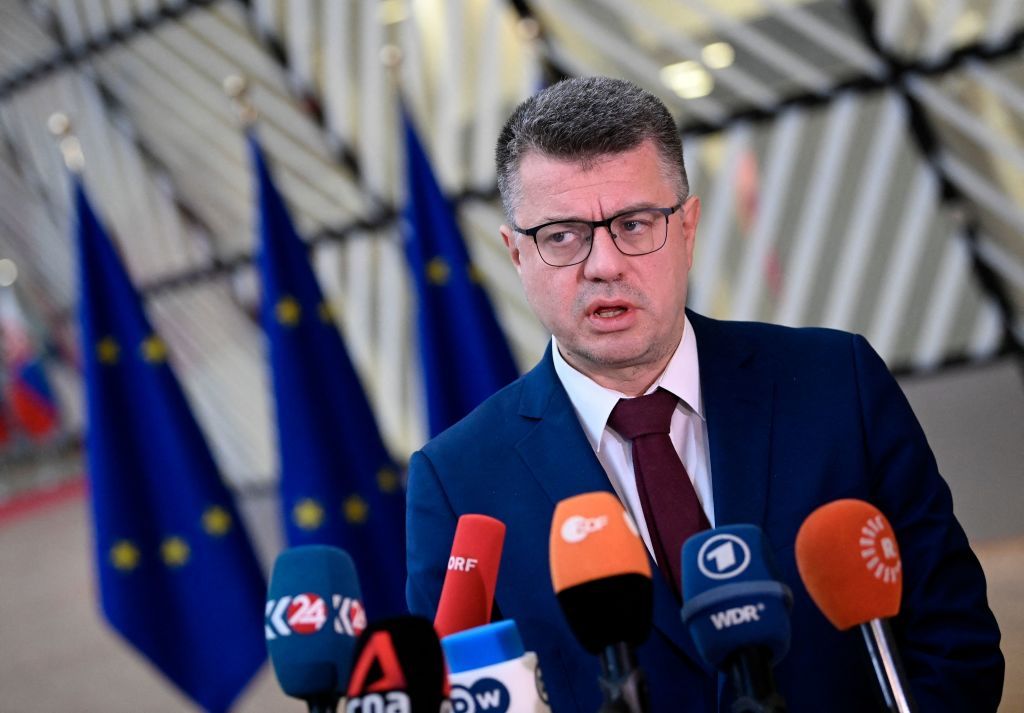Washington Post: Leaked war papers show Wagner Group sought to purchase arms from Turkey
The U.S. has reportedly gained access to the “internal plans” of the infamous Kremlin-backed Wagner Group mercenaries, which showed that the group “has sought to purchase arms from Turkey, a NATO ally,” the Washington Post reported on April 8, citing the classified war papers recently leaked online.
According to the report, some Wagner personnel “met with Turkish contacts to purchase weapons and equipment from Turkey for Wagner’s efforts in Mali and Ukraine” in early February.
The leaked documents also say that the Mali leader Assimi Goïta "had confirmed that Mali could acquire weapons from Turkey on Wagner’s behalf," the media reports.
However, according to the Washington Post, the leaked papers do not clarify what the Turkish government may have known about the efforts by Wagner or if they "proved fruitful."
“But the revelation that a NATO ally may have been assisting Russia in its war on Ukraine could prove explosive, particularly as Turkey has sought to block the addition of Sweden into the ranks of the trans-Atlantic military alliance,” the media reports.
The leaked papers also spotlight Warner’s campaign of hiring Russian prisoners to fight in Ukraine and state that the Russian military has become “dependent on the private soldiers,” according to the media.
The Pentagon has started an investigation after the New York Times reported that classified documents detailing U.S. and NATO plans for supplying arms to Ukraine for the upcoming counteroffensive were posted earlier this week on Twitter and Telegram.
Ukrainian military intelligence said that the classified war documents leaked online were forged by Russia.
Russia or pro-Russian elements are likely behind the leak, undisclosed U.S. officials also told Reuters on April 7.
The Wagner Group, Russia’s most high-profile mercenary group, was founded by Russian oligarch Yevgeny Prigozhin.
Along with the Russian military, the group has taken part in the battles for Soledar and Bakhmut in Donetsk Oblast.
The Wagner Group has been accused of human rights abuses, including torture and extrajudicial killings, in Ukraine, Syria, Libya, the Central African Republic, Sudan, and Mozambique.
Earlier in January, The U.S. Treasury Department designated the Wagner Group as a “significant transnational criminal organization” and imposed sanctions on its support network worldwide.












